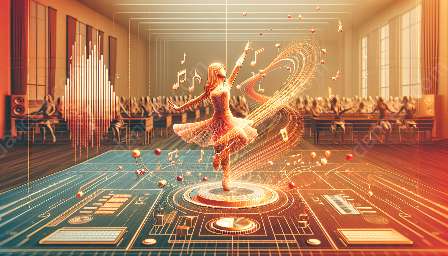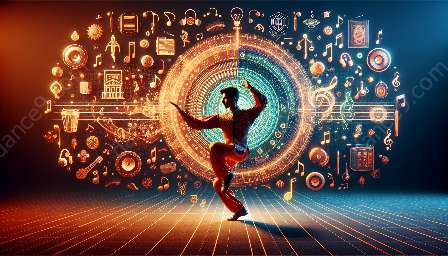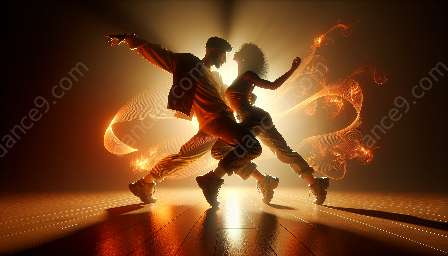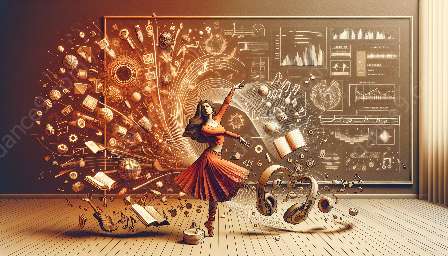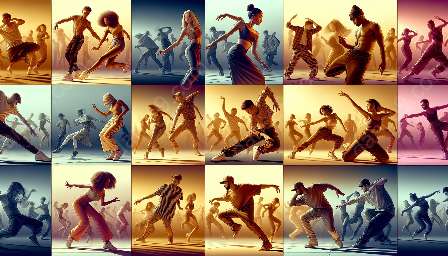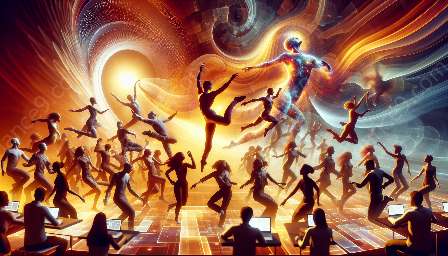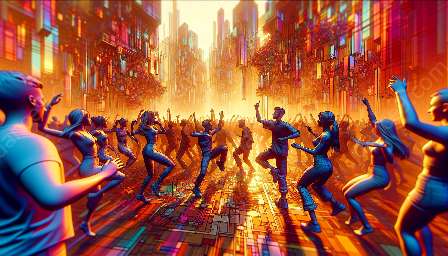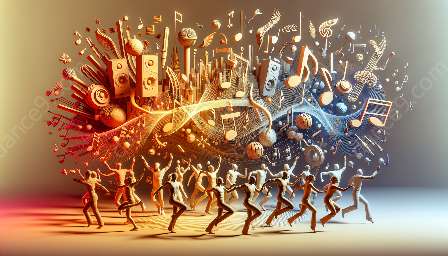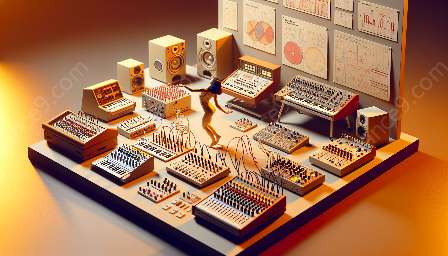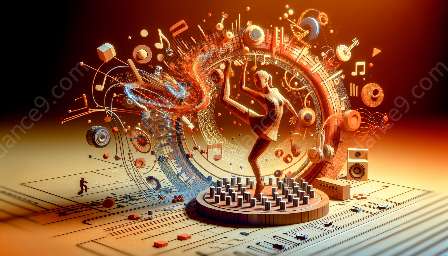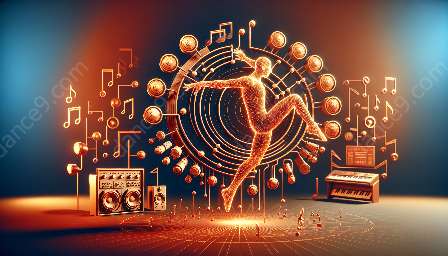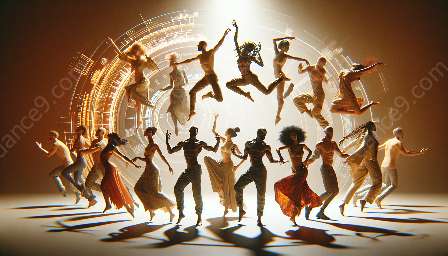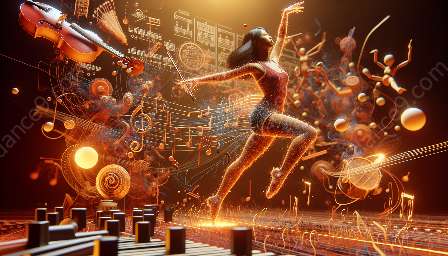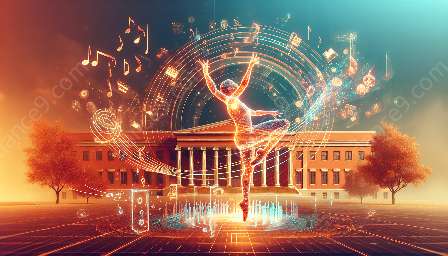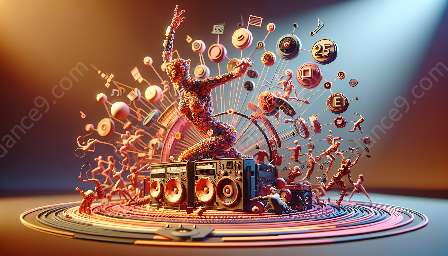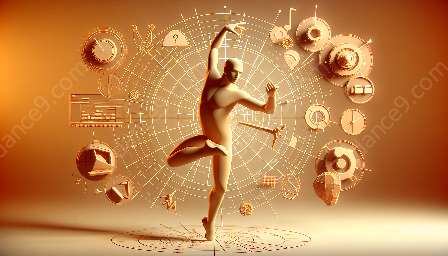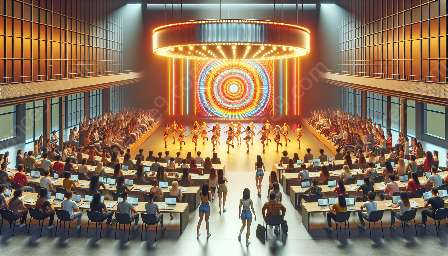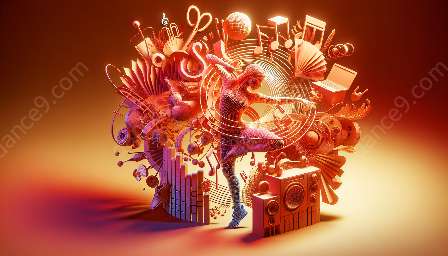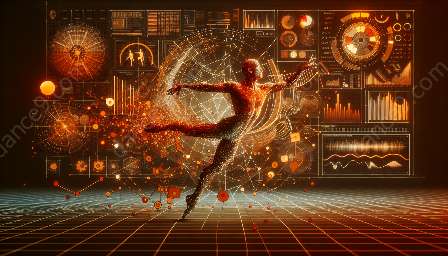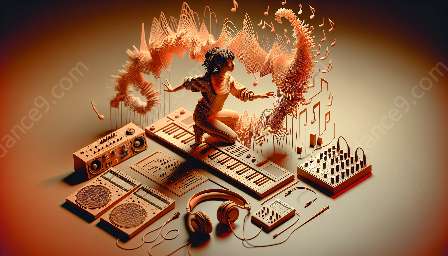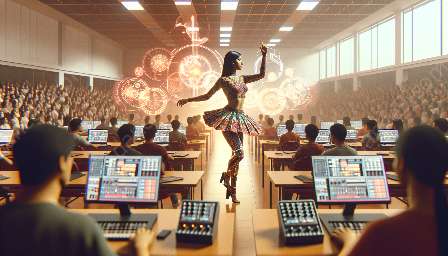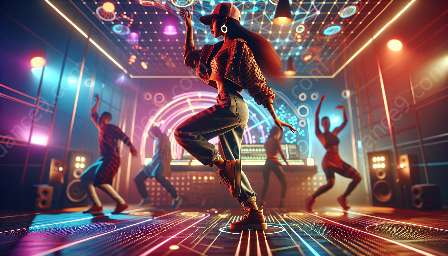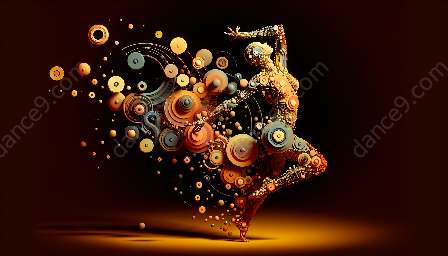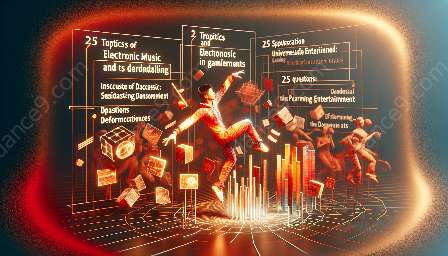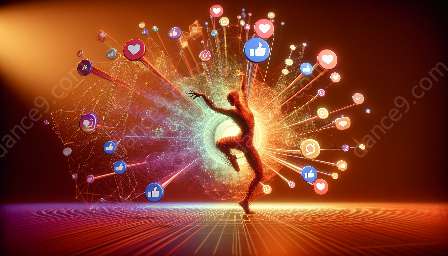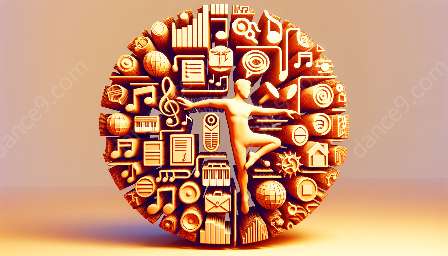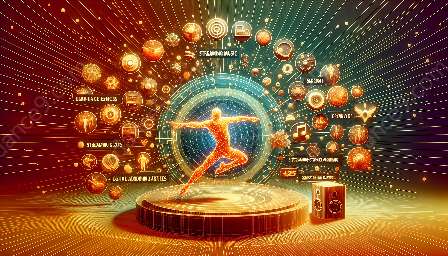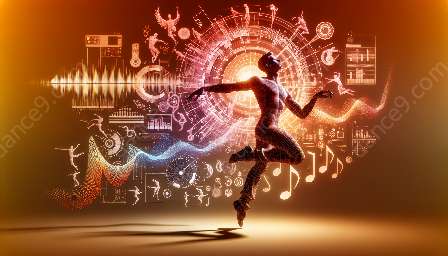Electronic music is a genre that has been closely entwined with technology and the digital age. With the advent and widespread adoption of social media, its impact on audience engagement during live electronic music performances has been significant. In this article, we'll explore the role of social media in dance & electronic music, and its effects on audience engagement during live performances.
The Role of Social Media in Dance & Electronic Music
Social media has become an integral part of the dance & electronic music culture. It has transformed the way artists and fans interact, share music, and experience live performances. Platforms like Facebook, Instagram, Twitter, and Snapchat have provided a direct channel for artists to connect with their audience, share their music, and announce upcoming performances. Fans, on the other hand, have the opportunity to engage with their favorite artists, stay updated with their latest work, and participate in discussions with like-minded individuals.
Social media has also played a pivotal role in promoting dance & electronic music events. From artist lineup announcements and behind-the-scenes glimpses to ticket giveaways and exclusive content, social media platforms have become an indispensable tool for event promotion and audience engagement.
The Impact of Social Media on Audience Engagement
During live electronic music performances, social media has emerged as a powerful tool for enhancing audience engagement. The following are some of the key impacts:
1. Real-Time Interaction
Social media allows for real-time interaction between the audience and the performers. Through live tweeting, Instagram stories, Facebook live streaming, and other platforms, audiences can share their experiences, connect with other attendees, and communicate directly with artists in the moment. This real-time engagement creates a sense of community and excitement among the audience, thereby enhancing their overall experience.
2. Amplified Reach
Social media enables performers to expand their reach beyond the physical venue. By sharing live updates, behind-the-scenes footage, and sneak peeks of the performance, artists can engage their global fan base, creating a virtual audience that extends far beyond the confines of the live event. This amplified reach not only fosters a broader sense of community but also serves as an effective promotional tool for future performances and releases.
3. Crowd Participation
Platforms like Twitter and Instagram often feature interactive elements such as polls, Q&A sessions, and live chats. During live performances, artists can leverage these features to involve the audience directly, soliciting song requests, feedback on the show, or simply encouraging them to share their experiences. This participatory nature of social media enhances audience involvement and fosters a more immersive and memorable concert experience.
The Future of Social Media in Dance & Electronic Music
As social media continues to evolve, its impact on audience engagement during live electronic music performances is expected to grow even further. Advancements in live streaming technology, augmented reality, and virtual reality are likely to offer new dimensions to the concert experience, blurring the lines between physical and digital interactions. Furthermore, the rise of fan-driven content creation, influencer marketing, and collaborative storytelling through social media platforms is reshaping the dynamic between artists and their audiences, presenting new opportunities for engagement and connection.
In conclusion, social media has undoubtedly revolutionized the way audiences engage with live electronic music performances. From enabling real-time interaction and amplifying reach to fostering crowd participation, social media has become an indispensable part of the modern concert experience. Its evolving role in dance & electronic music continues to shape the industry, providing new avenues for artists to connect with their fans and create immersive, memorable performances.


